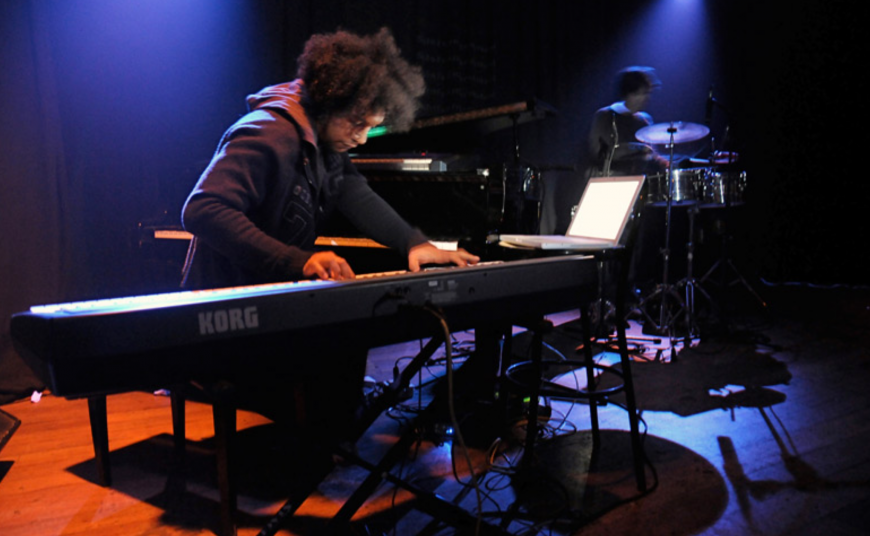A solution from the Cuban government?
I’m not sure that they can or are willing to. But I am not a politician, and I don’t know many of the laws that make the government do what it does. What I do know is that the people need to be heard, though there are some who just want to take advantage and make chaos. And I’m against any brutal response of the military and the police.
Is there anything in Cuba that’s like Napa?
Oh, I don’t think so! [laughs]
You’ve become a regular in Napa, and you also played the San Francisco Jazz Festival in 2014.
It was a beautiful set of concerts, in the Joe Henderson Lab, a piano solo recital, and I really enjoyed the response of that wonderful audience.
What did you play for them?
Many of my own solo piano compositions. I knew I was in a jazz venue, so there was a lot of improvisation, but you will always find in my compositions this fusion of concert and jazz and Cuban music; it doesn’t matter where I do it or how I do it. [For an example, a musical quote from the venerable Cuban son “El manisero” is audible in López-Gavilán’s performance of his Pan con Timba, with the Harlem Quartet.]
Anywhere we should be looking for you, later?
Oh, yes! I’ll be touring with the Quartet and my brother, and you’ll find that information on my website, https://aldomusica.com. [The Harlem Quartet, with Aldo López-Gavilán, will perform at Kohl Mansion on Oct. 31, and the brothers will appear as a duo for Cal Performances at Zellerbach Hall on Jan. 23, 2022.]

